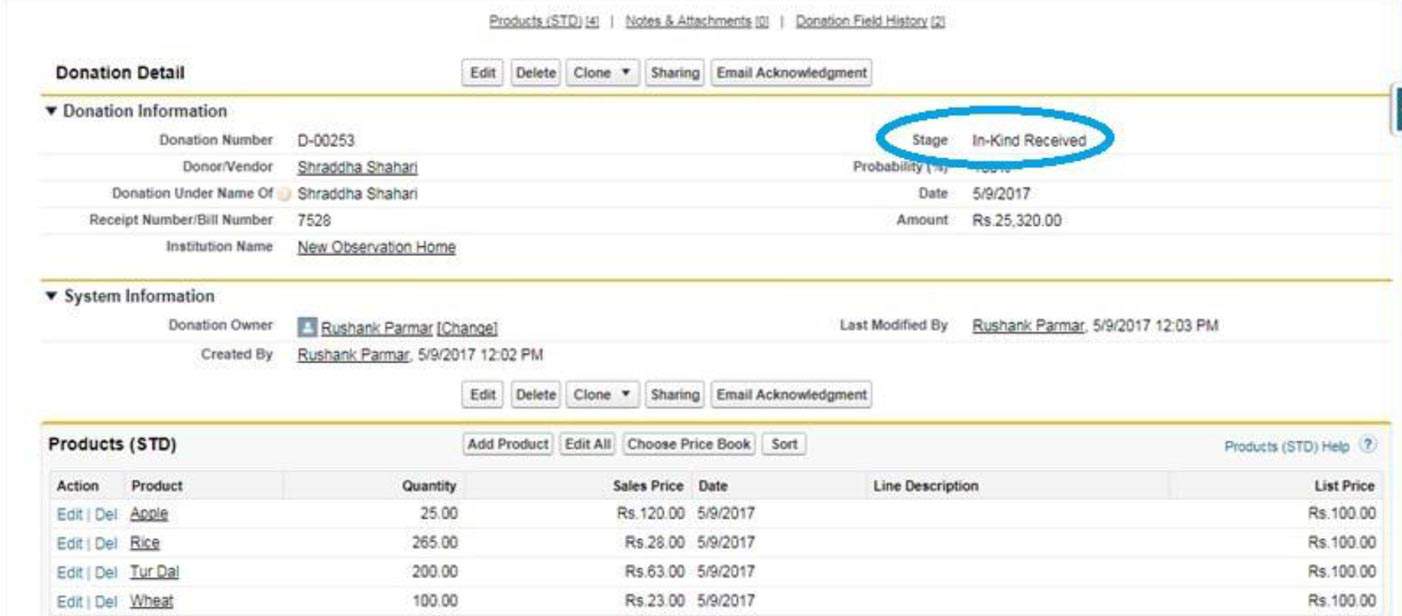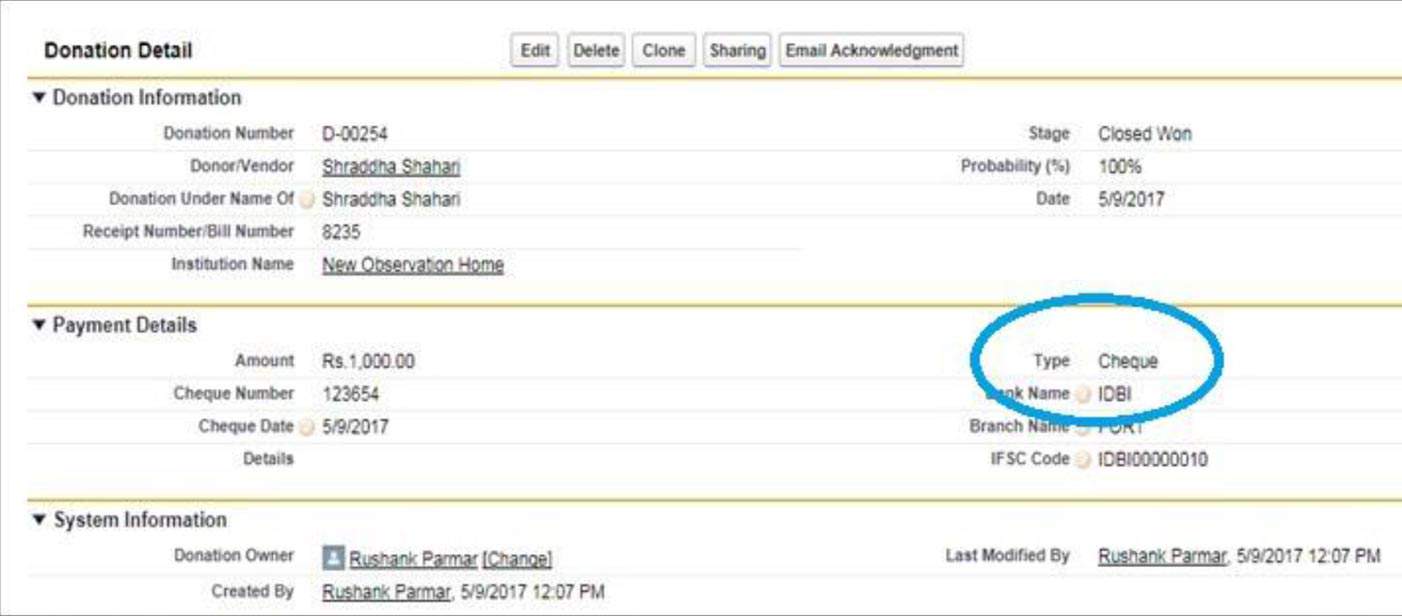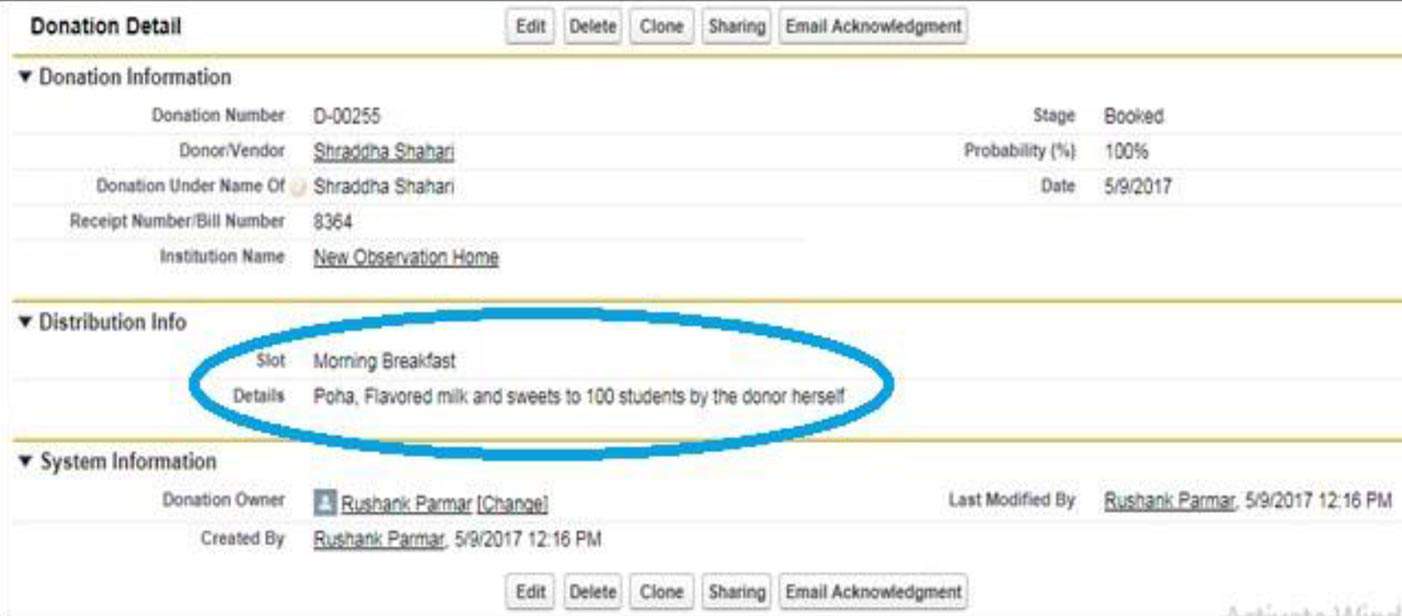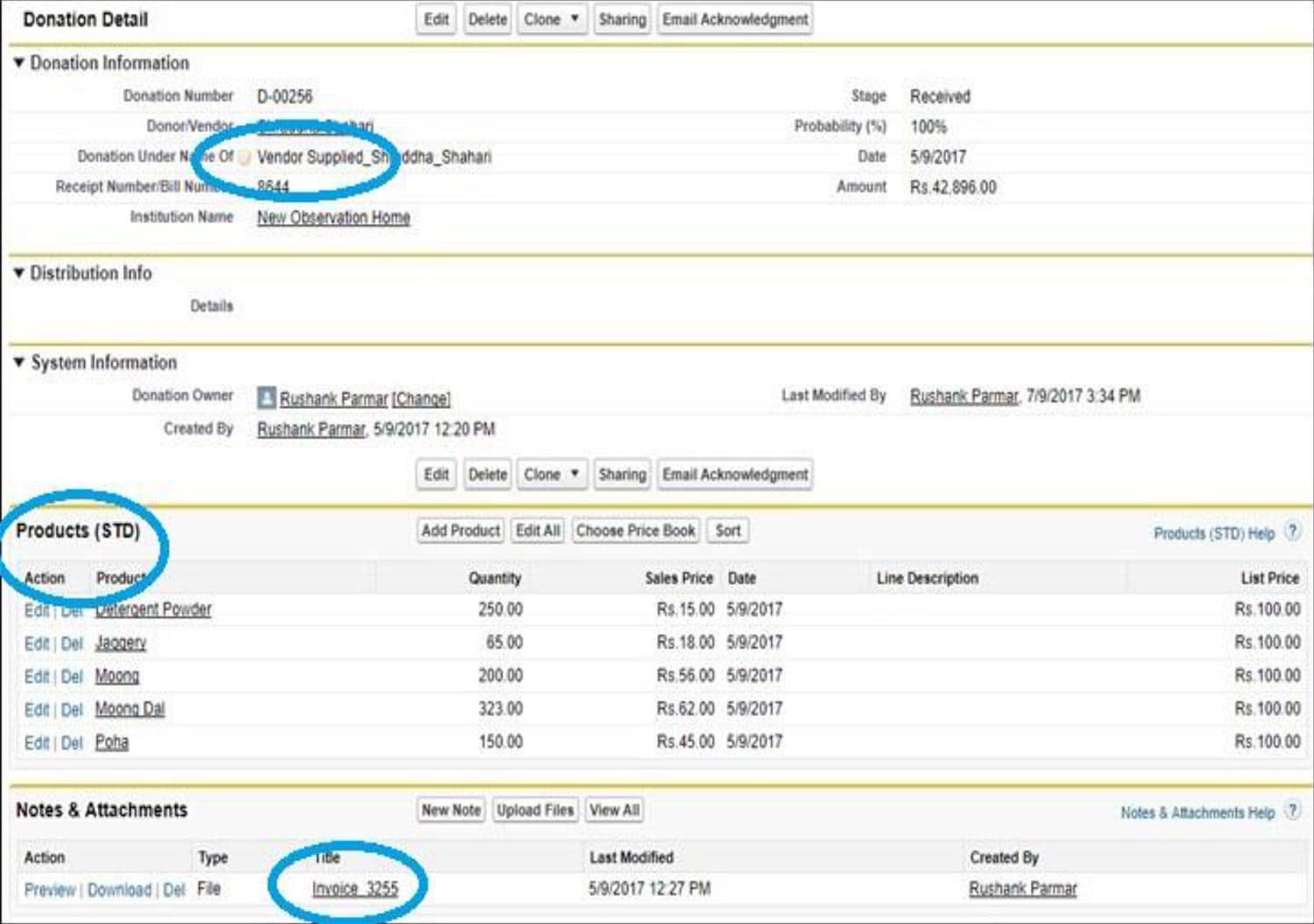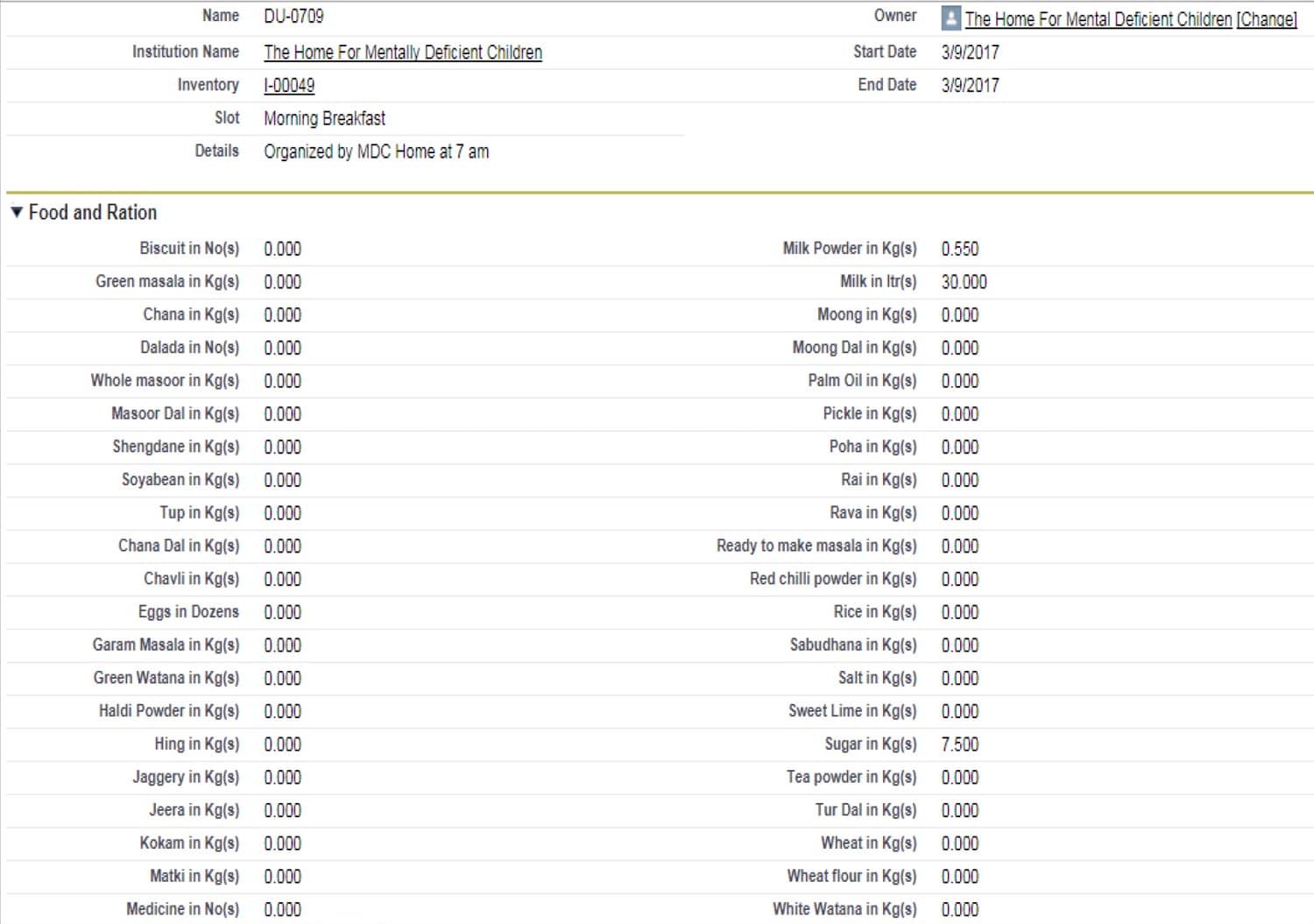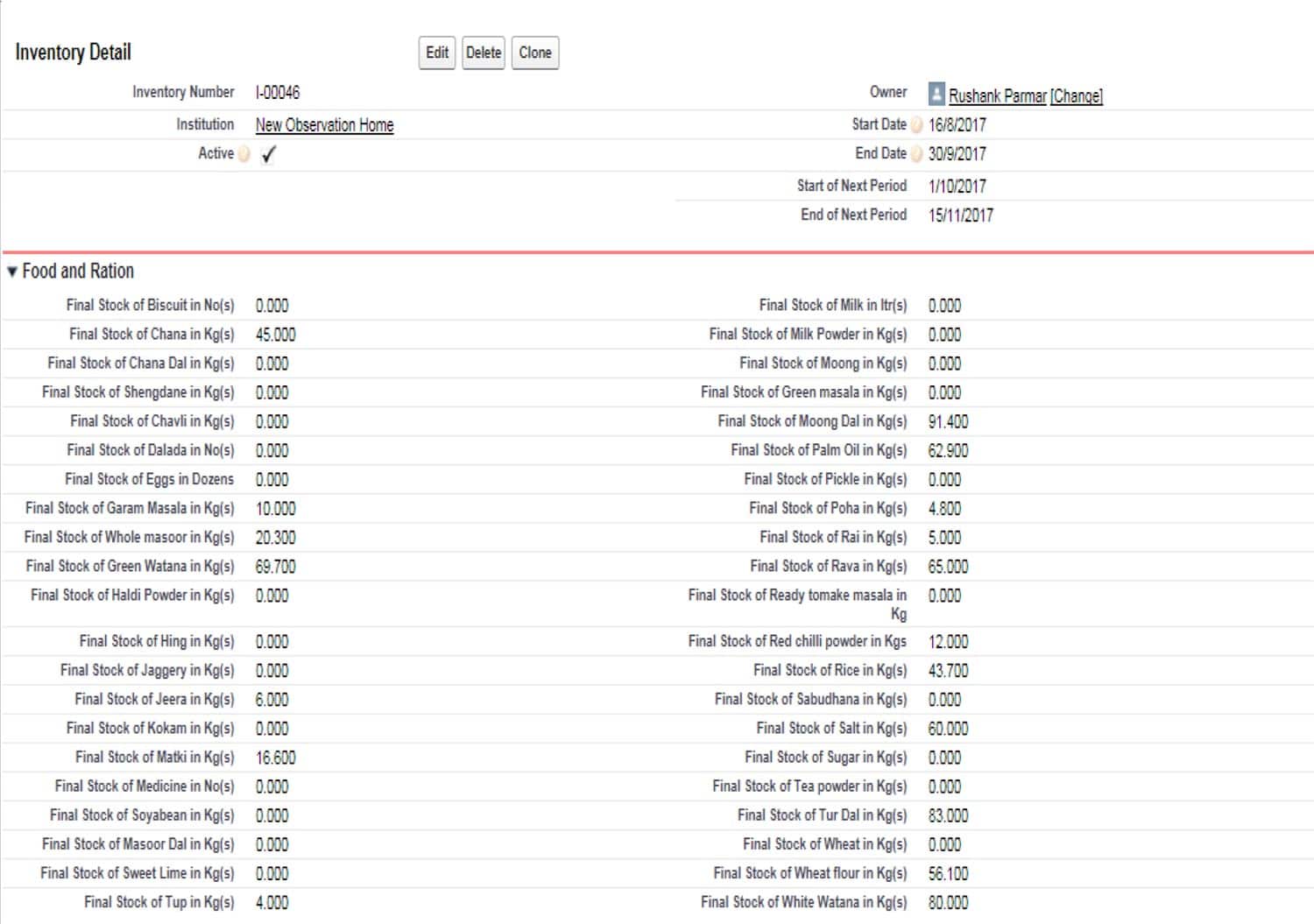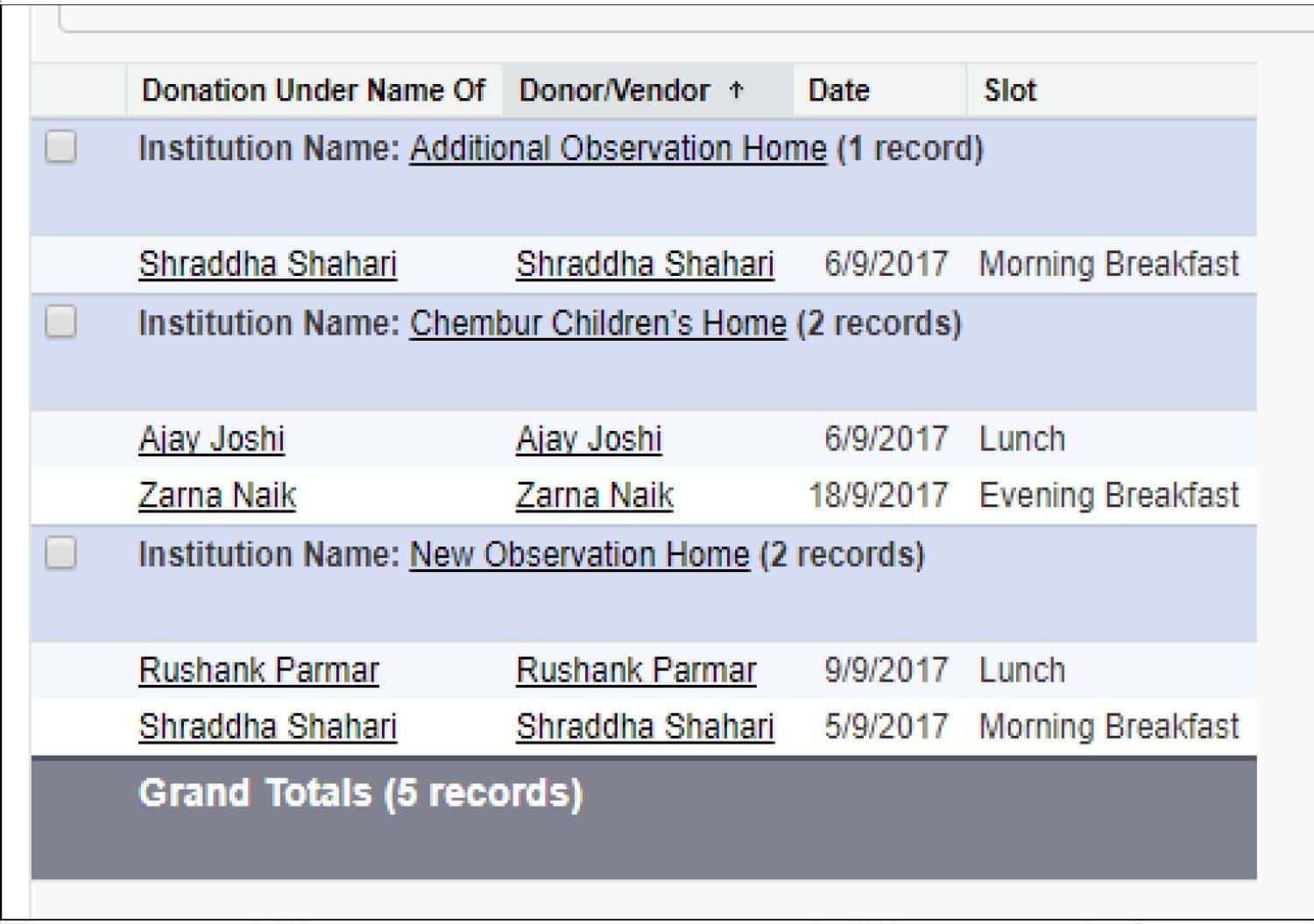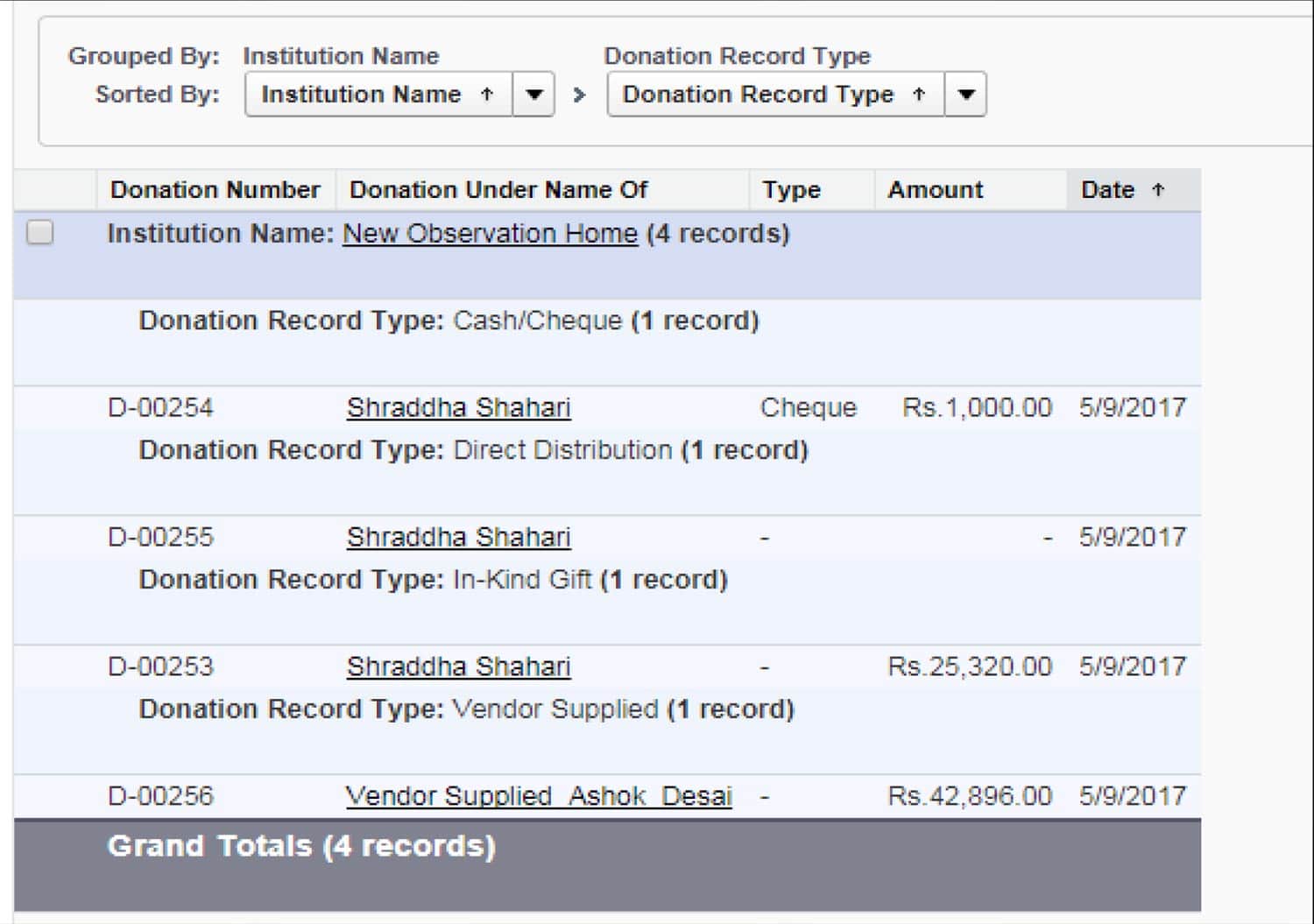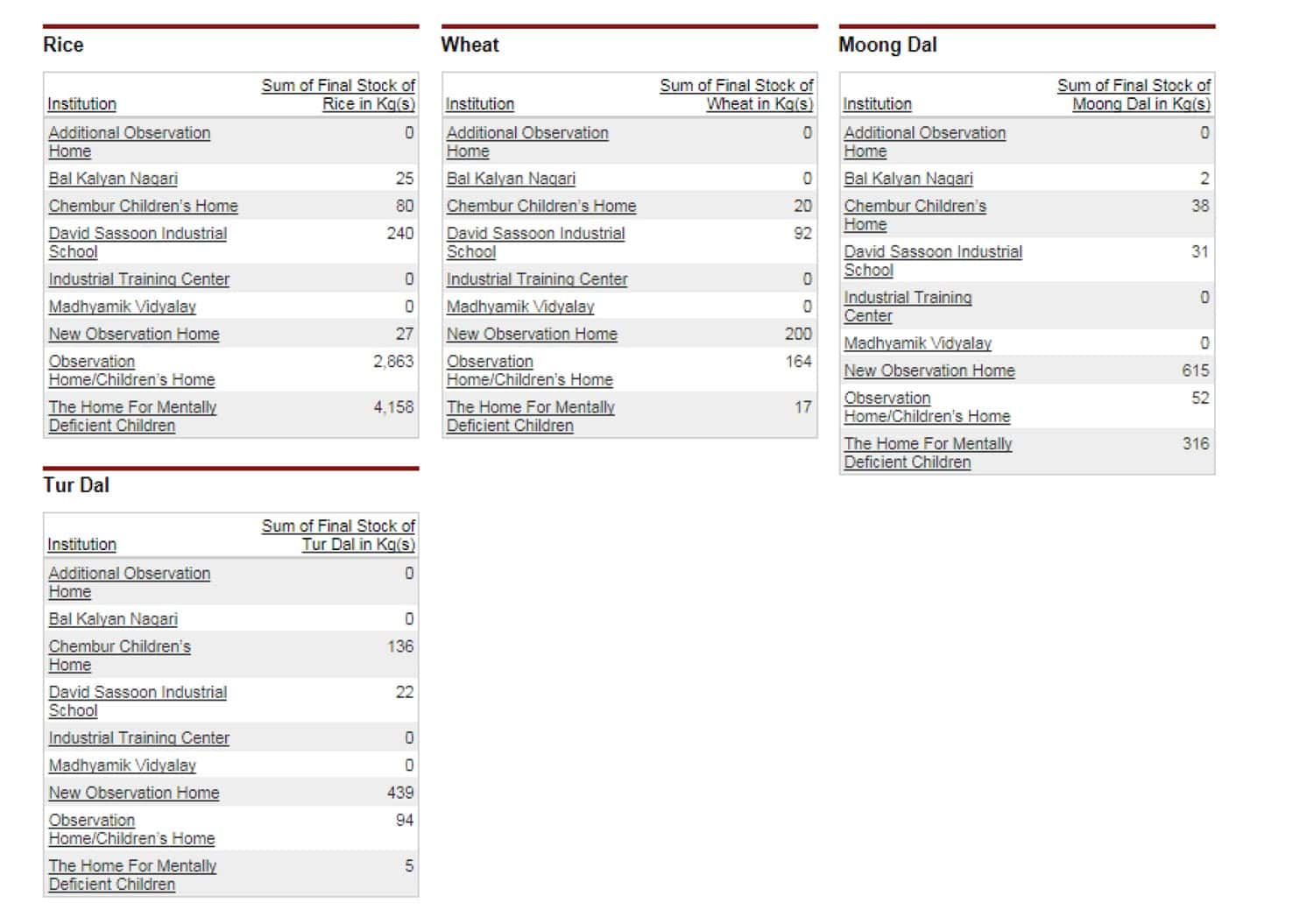The Children’s AID Society Salesforce.org Implementation Report
- Home
- The Children’s AID Society Salesforce.org Implementation Report
The Children’s AID Society Salesforce.org Implementation Report
The Children’s AID Society (CAS) is a 90-year-old Indian government run organization founded by Sir Earnest Hotson, the then Home Member of Government of Bombay with help of social workers in March 1927.
CAS is an organization which provides education, shelter, and food to unprivileged children in Mumbai, India.
CAS is now home to 9 different institutions covering Mumbai and providing accommodation capacity for 2400+ students. Few institution locations Dongri, Wadala, Matunga & Chembur.
As per the act/regulations, government provides ₹ 635 (Six hundred and thirty-five rupees) per child per month, which is not enough to meet all the basic needs for a child. Hence, to meet the additional expenses, CAS accepts donations in various forms like Monetary, Food, Clothing, Educational, etc.
To know more about The Children’s AID Society, click here.
Challenges Being Faced by CAS:
Owing to ever rising cost of living, there has always been a yawning gap between the actual expenditure and the grant received resulting in deficit budgeting. Even to meet the minimum standards, there is a shortage of ₹ 10,000\- (Ten thousand rupees only) per child per annum.
With different institutions covering the city and receiving donations, tracking in the traditional way in registers has always been a challenge. Tracking of donations as well as the inventory of the products within the institutions was a challenge.
Central/Management team also used to face challenges extracting inventory data, donations data etc. in a timely manner when required. In addition to their daily tasks, institution in-charges had to invest additional time to manually gather the required data. Over the years, the issue faced was never resolved and addressed.
Nikunj Doshi, who is an active volunteer with one of the social group named as “Project Aashiyana” came across the issues faced by CAS. He proposed to implement Salesforce.org which could digitize their daily working pattern, tracking donations & inventory, instead of their practice of capturing information in registers.Nikunj discussed this idea with YES CRM team who jumped right into the project as this would be in line with their CSR activities.
- Quicker Donation Tracking:
Previously, tracking donations was done in the traditional way through registers. Each institution would have their own registers & own ways of tracking donations. With Salesforce.org, a cloud-based solution, donations across institutions can now be tracked in one central place & in a standardized manner.
- Timely Communications Improve Relationships:
With Salesforce.org, an email is sent to the donor as soon as the donation details are entered into the system. Thus, not only does the donor receive an acknowledgment of the donation, but the donor also realizes how CAS is moving forward on the digital path. Also, any time CAS needs donor details (in cases of events or donation needs), they can easily run a report in Salesforce.org. This was previously not possible with paper based records.
- Transparency in Maintaining Inventory:
Every 45 days, Central/Management Team has to report on remaining stock, from each institution. Earlier, this used to be a very tedious process as it was done manually, and hence inventory data was not received on time. With the help of Salesforce.org they can now easily track and have a transparent view of utilized and available stocks in all the institutions.
- Faster Access to Stocks Required on Daily Basis:
With the help of Salesforce.org, CAS can even track the products that are utilized in a day. This helps them to maintain records of minimum quantity of products required by all the institutions.
Once Nikunj introduced YES CRM team to CAS, Rushank Parmar took the lead on this project. He was immensely helped by Ms. Shraddha Shahari in terms of building & implementing the solution. Nikunj continued to mentor the team & also provided his expertise in terms of all the development work.
The Application
Donations: The standard ‘Opportunity’ object in Salesforce was renamed as ‘Donations’ & leveraged to track the different types of donations received by CAS.
- In–Kind Donations:
These are daily required products donated to the institution. For tracking these type of donations, users create a donation record of type ‘In-Kind’ and add various products donated to it. Each Product is added with the quantity donated and the current estimated price of single unit of the product.
- Cash/Cheque Donations:
These are monetary donations made to CAS. For tracking these type of donations, users create a donation record of type ‘Cash’ or ‘Cheque’ and add the necessary details. For Cash donations, the amount field is required & for Cheque donations, apart from amount field, all bank related information like Cheque number, Bank Name, Cheque Date, Branch Name and IFSC code are required to be filled in.
- Direct Distribution Donations:
These are meals and/or gifts (which is not to be included in inventory of the institution) distributed by donors to the children in CAS. Donors may book a slot of either Breakfast, Lunch, Snacks or Dinner for a particular date or randomly visit the institution and sponsor any meals.
- Vendor Supplied:
Based on requirements the institution has to order daily essentials and any other required products, directly from various vendors. CAS pays the vendors based on the generated invoices. The ‘Donation’ object was used to track these kinds of products as well, for ease of inventory management. The user upon creation of the Vendor Supplied record adds the products that were delivered and uploads the scanned copy of the bill received.
- Daily Utilization:
‘Utilization’ object was created to track usage of each product by the institution. Users create utilization records to track quantity of product used, date of usage & meal for which the product was used, if applicable.
- Inventory:
‘Inventory’ object was created to track the value of each product the institution has in stock. The stock is calculated based on donations received & daily utilizations. This stock information helped the management to order products when stock was deficient or transfer products to other institutions when stock was in excess.
Reports and Dashboards:
- Direct Distribution Bookings:
This report shows the bookings per institution to prevent duplicate bookings.
This report helps central management to look at the donations received in each institution grouped by the type of donation.
Dashboard provides the stock in hand value of all the institutions for the important products required daily.
For more information about YES CRM, please visit www.yescrm.org
For more information about Salesforce.org, please visit http://www.salesforce.org/


